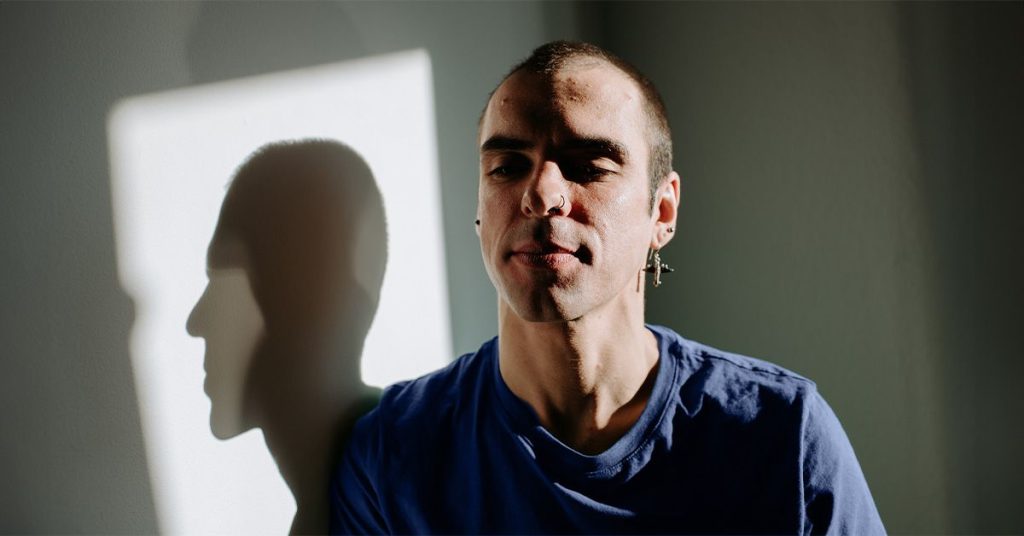
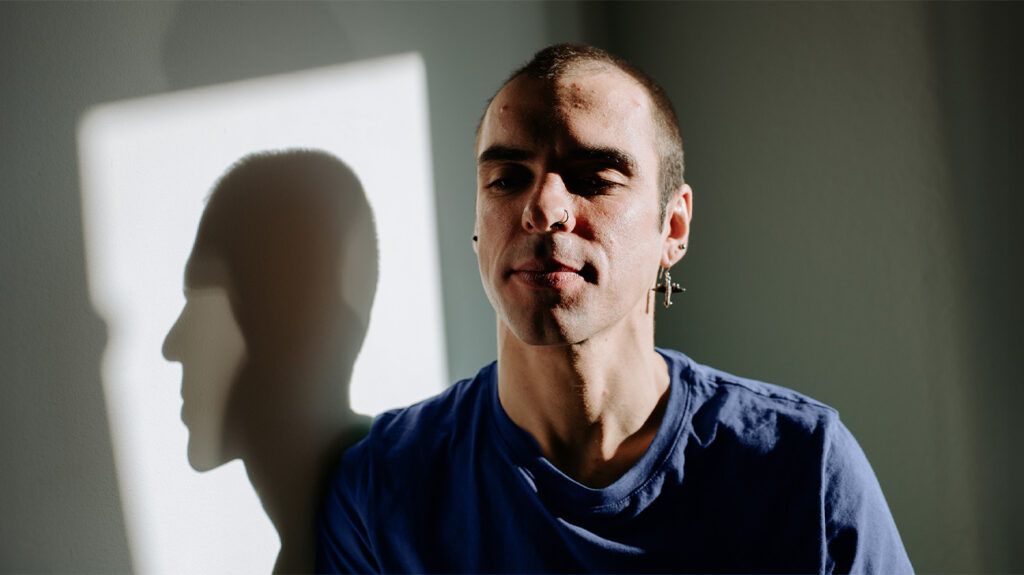 Share on Pinterest
Share on Pinterest- Treatments for anxiety, ranging from psychological interventions to antidepressants, can be very effective for some people.
- Experts also advise self-care, including avoiding alcohol and illegal drugs, regular exercise, regular sleeping and eating habits, and relaxation techniques, including mindfulness.
- Now, a study has found that mindfulness may be as effective as antidepressants in relieving anxiety.
According to the World Health Organization, around 4% of the global population, some 301 million people, is affected by an anxiety disorder. Although occasional anxiety is an expected part of life, anxiety that persists or is out of proportion with the situation that triggered it may be a sign of a mental health condition.
Symptoms of anxiety disorders, which can cause significant distress and interfere with a person’s daily life, often include:
- General or specific worry, fear, or anxiety
- Trouble concentrating or making decisions
- Feeling irritable, tense, or restless
- Nausea or abdominal distress
- Heart palpitations
- Sleep problems
- A sense of impending danger, panic or doom.
Treatments may include a type of antidepressant called selective serotonin reuptake inhibitors (SSRIs), beta-blockers (to reduce the physical symptoms associated with anxiety), or benzodiazepines — although these are usually only prescribed short-term as they can quickly lead to dependence or addiction.
A study led by the National Institute of Mental Health in Bethesda, Maryland, has now found that practising mindfulness-based stress reduction may be as effective as escitalopram (Lexapro — an SSRI commonly used to treat depression and anxiety), in relieving symptoms in people with various anxiety disorders.
The study is published in JAMA Network Open.
Lee Chambers, psychologist, and founder of Essentialise Workplace Wellbeing, who was not involved in the study, welcomed the findings:
“With its randomized design and significant sample size, the study carries a level of validity and interest. With efficacy being equal at 8 weeks, it certainly opens up the potential of mindfulness being a viable alternative that comes with fewer side effects or the potential of addiction,” he told Medical News Today.
The researchers recruited 276 adults who had been diagnosed with one of the following anxiety disorders: agoraphobia, panic disorder, generalized anxiety disorder, or social anxiety disorder. They then randomly assigned them in a 1:1 ratio to a program of mindfulness-based stress reduction (MBSR), or treatment with escitalopram for 8 weeks.
At the midpoint and endpoint of the trial, the participants self-reported their levels of anxiety and depression.
In an earlier paper, the researchers reported clinician-assessed results for the same study group using the Clinical Global Impression of Severity scale (CGI-S). This assessment found that MBSR was as effective in relieving anxiety symptoms as escitalopram.
The MBSR group attended weekly group sessions during which they were taught the theory and practice of several forms of mindfulness meditation, then practiced mindfulness daily. The medication group took 10-20mg per day of escitalopram and attended weekly clinical follow-ups.
At the 4-week midpoint of the trial and at 8 weeks, the primary endpoint, evaluators assessed the participants using a number of patient-reported measures of anxiety and depression, including the Beck Anxiety Inventory and the PROMIS depression scale. The evaluators did not know which treatment group the participants were in.
At the midpoint of the study, those treated with escitalopram reported a greater reduction in anxiety symptoms, but by 8 weeks, there was no significant difference between the groups.
However, the medication group experienced more side effects. 110 people (78.6%) in this group reported at least one adverse event during the study, while only 21 (15.4%) in the MBSR group reported any adverse events.
“The two treatments lowered anxiety levels very similarly; for example, a scale that measures anxiety (PROMIS Anxiety Scale) dropped 8.9 points in the drug group and 7.3 points in the mindfulness group. These differences were not statistically significantly different.”
— Dr. Elizabeth Hoge, corresponding author, director of the Anxiety Disorders Research Program at Georgetown University Medical Center
MBSR includes formal and informal meditation practice, as well as hatha yoga, and was first developed in 1990. It has been shown to reduce stress, depression, and anxiety symptoms by helping people regulate their emotions.
This study found that it was as effective as escitalopram at reducing anxiety symptoms over 8 weeks, although the medication had a more rapid effect.
“While the rapid impact of escitalopram is notable, the study gives a clear indication of the potential of using broader treatment strategies for anxiety and the continued importance of personalized care.”
— Lee Chambers
Hoge told MNT that those in the MBSR program may have benefited from more contact than those in the medication group:
“It’s possible that people in the mindfulness group, which met weekly for 2.5 hours, were impacted by that higher level of contact, whereas in comparison, those receiving the drug only met with a prescriber for about 30 minutes a week. The mindfulness group also did mindfulness meditation practices at home almost daily,” she said.
Despite this limitation, the researchers suggest that because, in their study, MBSR appears to be as effective as escitalopram, but has few side effects, it should be offered in a clinical setting to people with anxiety disorders.
“In my clinical practice I observe that typically patients have strong feelings about which treatment they want, and if they want to do mindfulness it’s often because they are seeking alternatives to medication. On the other hand, some patients don’t want to do the work that it takes to develop a meditation practice, and would rather take the medication.”
— Elizabeth Hoge
So, for those who do not wish to risk the side effects associated with SSRIs, mindfulness could be an effective alternative for relieving the symptoms of anxiety disorders.
Source: https://www.medicalnewstoday.com
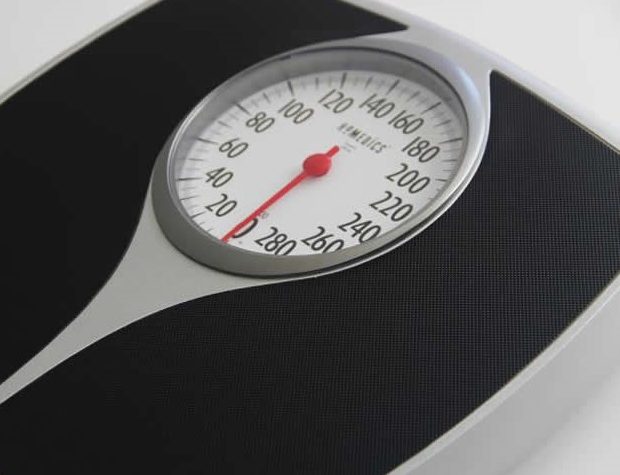
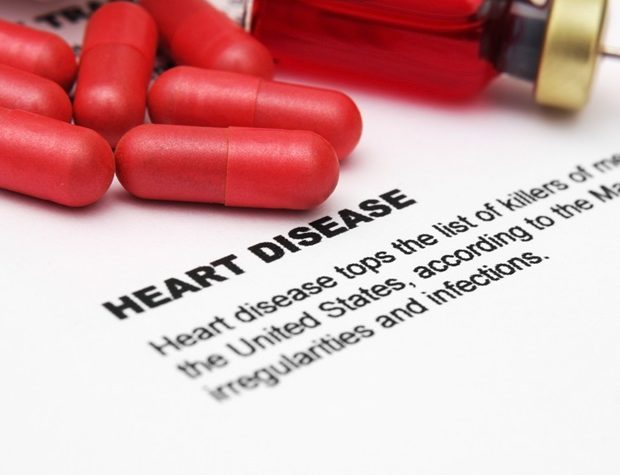

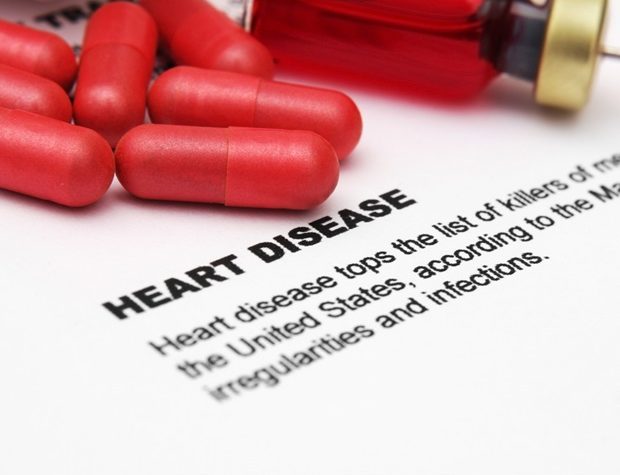
More Stories
Classic and green Mediterranean diets may help slow brain aging
Rheumatoid arthritis linked to changes in the gut microbiome in new study
Could taking fish oil supplements help lower cancer risk?